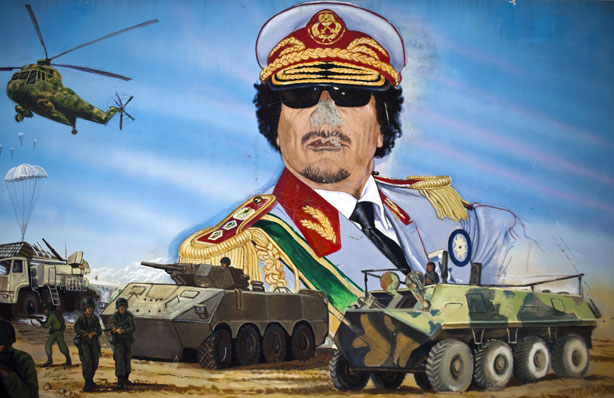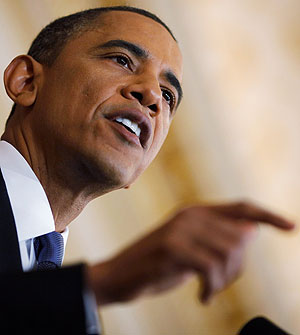Good piece on US concerns: Libya v. Egypt
 Thursday, September 13, 2012 at 11:57AM
Thursday, September 13, 2012 at 11:57AM  Appears in NYT.
Appears in NYT.
The one thing that's been clear about the Arab Spring to date: it is a process of Sunni empowerment that comes with a great deal of identity politics. America is now experiencing some payback for all those decades of supporting dictators who kept a lid on that identity. in the past, I felt we did that in deference to the volatility generated by similar dynamics among the Shia in the decades after the Iranian Revolution. But that was a conundrum-like choice: we deeply angered half of the Middle East out of fear of the other half.
Now the Shia half seems back on its heels. We might have imagined a tipping point with the re-Shia-ization of Iraq, but that seems rather puny right now with Syria almost literally coming apart and Iran still in internal lockdown against domestic opposition and external lockdown over the nuke program (those dropping oil exports . . .).
Yes, we now get a chorus of experts saying, "Aha! I told you the Arab Spring was a disaster!" But it's like that quote I gave Esquire back when it started: the Arab Spring is like a kidney stone. Sure, it's no fun passing it, but if you think it's going to stay in that kidney forever, just getting bigger, that's no answer either. So yeah, passing it will hurt, but what's the alternative to trying to get it done quickly? Pretending it's never going to come?
But the major (for me, at least) theme remains: globalization has arrived in the Middle East, and it has triggered a lot of social and political tumult. Large chunks of the population (mostly young) do not see a future they like, while Africa is booming and Asia keeps getting richer and a middle class blossoms across Latin America. The Arab world is still losing - dramatically - at globalization. As the region ages demographically from a mean age of about 22 to 32 across this decade and the next, the lack of jobs will be magnificently destabilizing. That youth bulge is not being served, and when you can't produce the jobs (the MB's real problem now), you - those who pretend to rule - have to indulge the anger.
That's what we're seeing now: the Sunni Islamists in power are no more clued in than the secular dictators who preceded. They are, however, more willing to indulge the populism. This can go on for a long while. It just can't go anywhere in terms of progress, because global investors will want none of this uncertainty. Frankly, it's why China greatly prefers Africa.
 Egypt,
Egypt,  Libya,
Libya,  US foreign policy,
US foreign policy,  globalization | in
globalization | in  Citation Post |
Citation Post |  Email Article |
Email Article |  Permalink |
Permalink |  Print Article
Print Article 


























